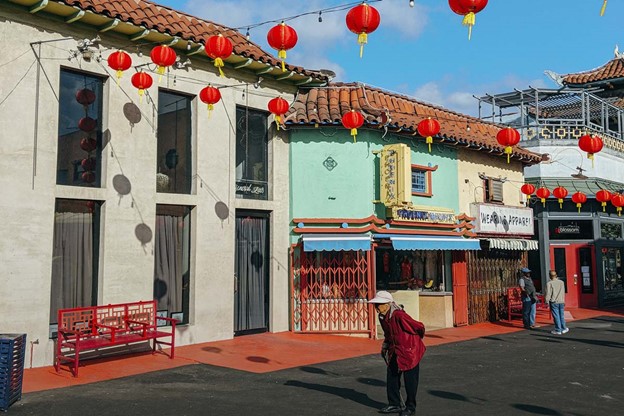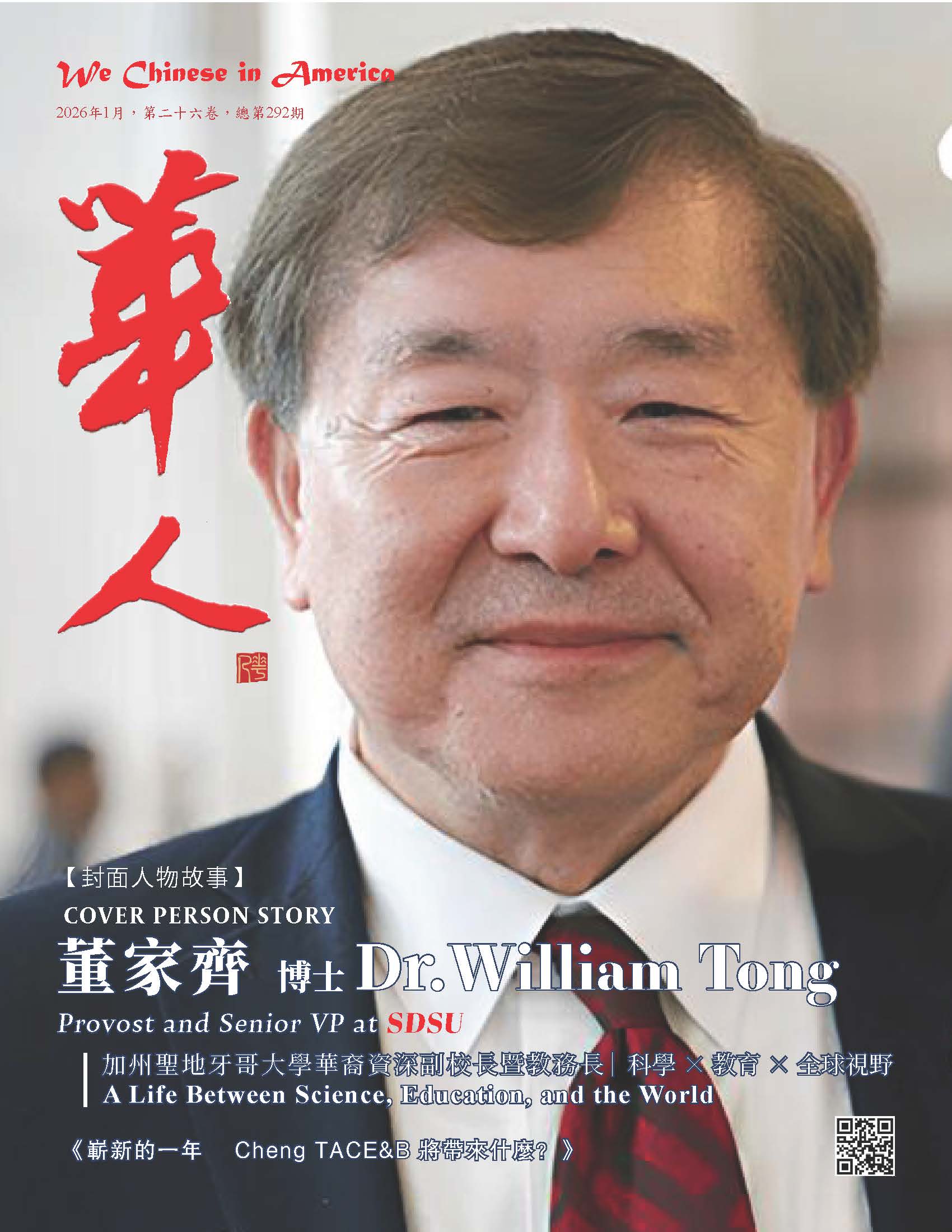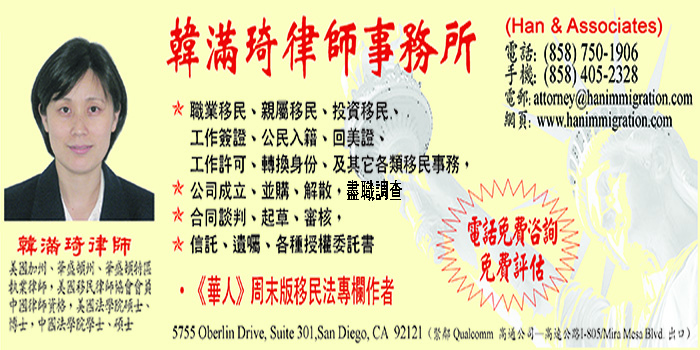
Where is L.A. Chinatown Going?
【《We Chinese in America》Media Editor Tang Zhao, October 29, 2022】 In L.A. Chinatown, a woman in her late 80s named Pauline Chau always lugging one of those grocery carts that roll like a suitcase, wears a ton of jewelry, and everyone in the neighborhood knows her. Some people call her the unofficial mayor of Chinatown because she knows everyone’s name. And also because she has this weird ability to take charge of any situation even when she doesn’t speak the language.(Photo credit: Angelswalkla.org)
An LA Times reporter had lunch with Pauline once at East Garden Restaurant after reporting a column on the loss of Chinatown’s swap meets. She ordered a massive fish — it wasn’t on the menu, but she’s friends with the staff and they knew the drill. When it came, she went straight for the head and eyes — the most nutritious parts, according to conventional Asian auntie wisdom.
She’s lived in Chinatown for more than 52 years, and for the last few years she has been serving as a tenant leader in the organization Chinatown Community for Equitable Development, fighting for businesses and housing that area seniors needed.
Pualine hasn't been seen lately, and according to her friend, the Chinatown activist King Cheung, she moved to a senior living facility in Long Beach because she needed extra help.
Pauline’s Chinatown is fading fast. The last few years have left the neighborhood without a grocery store, a hospital, and most of its commercial indoor malls.
Most painfully, even the neighborhood’s senior housing complexes are endangered by the exploding value of the real estate they were built upon.
Conditions at Cathay Manor, one of the last senior homes in the area, have been declining for years. The building’s owner, the Chinese Committee on Aging Housing Corp., and its CEO and president, Donald Toy, face 16 criminal charges for failing to maintain the federally subsidized housing complex.
Now, according to a news report, Toy and the building’s owners want to sell the place for 108 million which would come with a 146% increase in rent, to $2,700.
Most of Cathay’s residents are on fixed incomes and can’t pay that much.
Just as a family needs its grandparents, a community like Chinatown needs its senior residents. They embody the neighborhood’s history and connect us to our past. Plus, they’re the only ones who really remember how to celebrate Chinese traditions — the details of which get pretty fuzzy in later generations.
(Source: Los Angeles Times)
This website has a free subscription function, please enter your email address and name (any nickname) in the upper right corner of the page. After subscribing, you can receive timely updates of the website. I hope that new and old readers will actively subscribe, so that we have the opportunity to provide you with better services
Please click: Home (wechineseus.com) for more news and content on this website
Follow The Chinese Media's Twitter account: https://twitter.com/wechineseinus
Follow The Chinese Media's Facebook account: https://www.facebook.com/wechineseinamerica/










